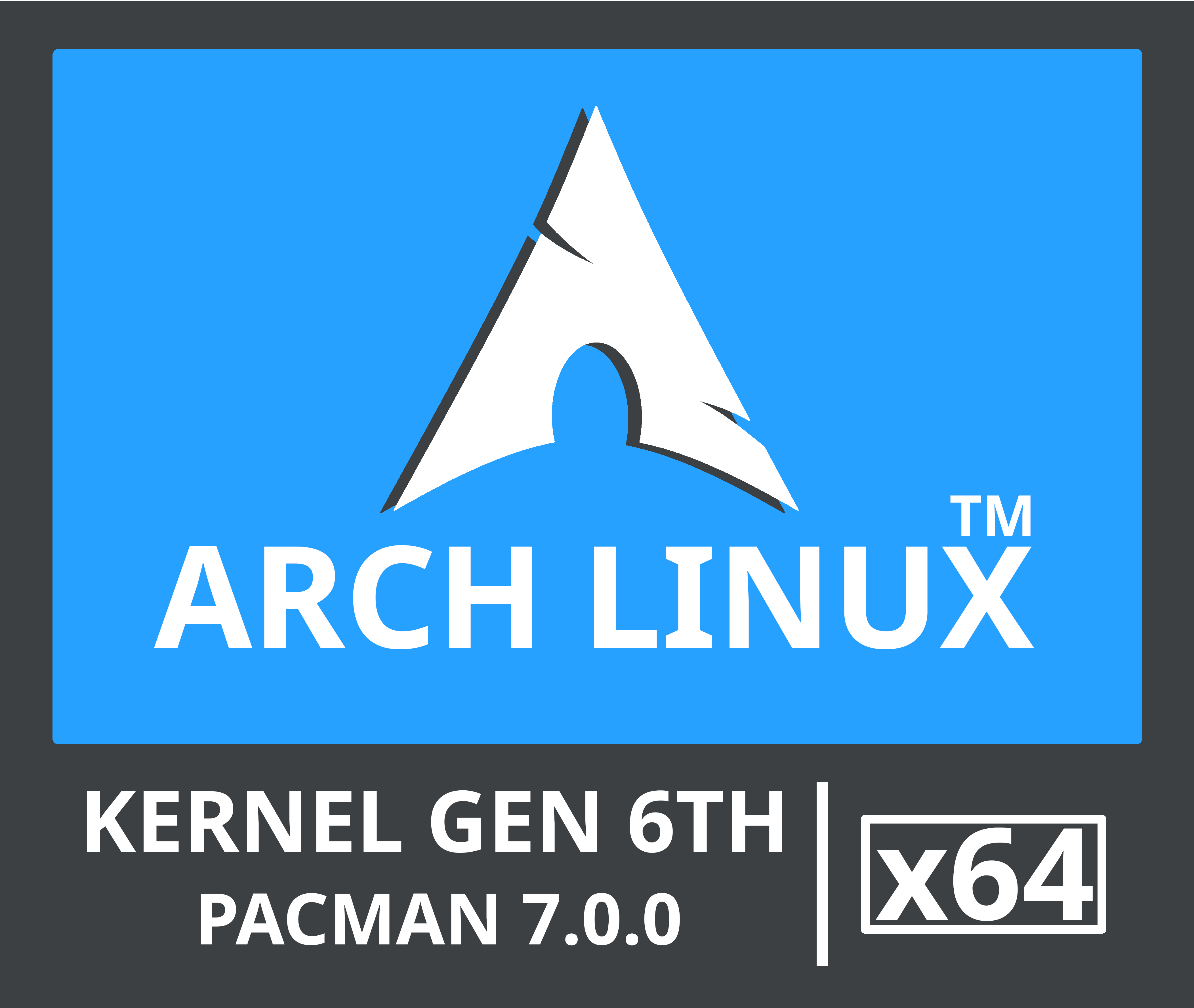after trip-digit linux installs in the past year or so, here's my list for a seamless transition for people escaping windows/macOS who need to get work done:
1) don't tailor linux to your hardware, do it the other way around. get hardware that works OOB. no nvidia. no latest hardware. no weird realtek chipsets in budget deal-of-the week e-waste, no gaming (i.e. nvidia) laptops.
that don't mean breaking the bank, a thinkpad with 8th gen or newer CPU can be had for $100ish; add $50 or so to expand RAM and storage and that covers like 90% of use cases. a competent all AMD desktop a gen or two behind current tech that can game almost anything can be easily assembled for less than $400.
fedora and adjacent forums are littered with cries for help about stuff breaking or not working at all; 90% of those are nvidia related. can you make it work - absolutely. is that something you're willing to dick around on a deadline - hell nah.
2) no theming. no icons, no fonts, no plymouth screens, nada. as few extensions/plugins as you can, run it as close to stock as possible. shit's gonna break, this is a work device, you can't afford downtime because the single dev maintaining the thingy hasn't updated it for the newest Gnome of Plasma. Gnome don't feel like macOS? you'll get used to it; muscle memory is a removed but it's a tameable one.
an additional moment, especially if you're on a laptop, is to make the thing as fungible as possible. that's an easily breakable/losable thief-magnet, you want a setup that can be reproduced with as little fuss as possible so you can be operational again.
3) don't dual/triple/whatever boot. that's an advanced scenario, it's gonna break eventually and if that's a device you depend on for work or education, you don't want any of that. run it as a single OS occupying the whole disk; encryption on a mobile device is mandatory. if you absolutely need multiple OS, a 2nd device is stupid cheap and it compartmentalises your shit, i.e. one for work, one for private/gaming, etc.
4) no weird distros. no arches, no gentoos, no immutable thisisthefuture shit. when it becomes mainstream, we'll switch. until such time, middle of the road - fedora for newest hardware, mint for ancient stuff, ubuntu for everything else. a lot of people made sure they're operational OOB, it's less likely stuff will break and if it does, there's an army of folks who asked and answered whatever's bothering you.
5) no weird DEs. wayland only, gnome for laptops and tablets, plasma for desktops, there is no third option. you're transitioning from an infinitely polished UI and the best tech that money can buy, you want the closest possible experience and the widest used environment, worked on by the largest dev community aware of the widest possible usability issues, working towards fixing/implementing them. you're already relearning shit, invest that time wisely.
6) separate your system stuff from your applications as much as possible. purge all user-facing apps, like firefox and media players and such from the system's package manager (apt or dnf) and reinstall them from flatpak. that was a headache a few years ago, nowadays almost everything works OOB on wayland. the apps include everything they need to work, the setup is easy to maintain and recreate, upgrades are better (no reboots necessary) and all your settings and data are in one place.
this covered 90% use cases of 90% of the users I've dealt with. naturally, edge cases are gonna have a bad time - you want to ollama this and that and rock bleeding edge hardware and have a normal desktop experience? it's gonna hurt. you need mac-like power management and days away from power? doable but that needs work.
remember, this is a work device. for the same reason you don't decide to "upgrade" the suspension on the car that's supposed to get you to work the morning of, you don't mess with what's likely the only device you need for work/education.
greybeards dunking on you because you're not a "real" linuxer? enamoured with the spicy screenshots from linuxporn? get a $20 thinkpad and go wild - arch it, sway it, have the scrolling text on boot, rice it till it bursts. but leave your workhorse be.
